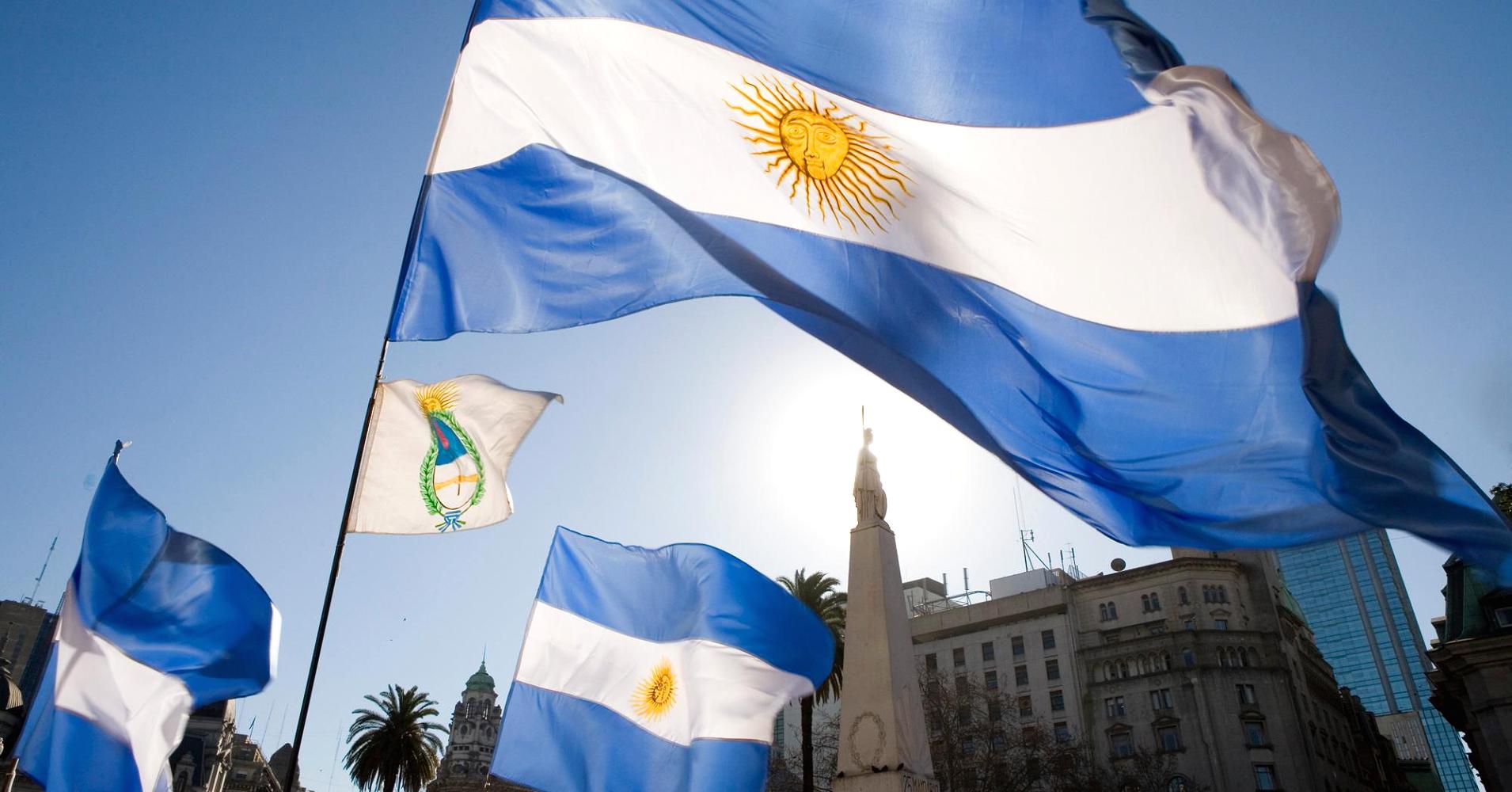Argentina has started talks with the International Monetary Fund seeking financial rescue once again, as inflation soars and the currency sinks.
Buenos Aires looks to be going through another economic nightmare, with prices rising rapidly while the Argentine peso drops. The central bank announced last week another increase in rates to 40 percent — as the 12-month inflation rate hit 25.4 percent, above its 15 percent target. At the same time, since the start of the year, the peso is down by more than 20 percent against the U.S. dollar.
“Argentina is still a difficult country and unless they do reforms then it’s going to be having issues,” Michele Gesualdi, the chief investment officer at Kairos Investment Management, told CNBC’s “Squawk Box Europe” Wednesday.
According to Gesualdi, the lack of reforms in the country has deepened the economic problems.
“There was a lot of excitement involving (President Mauricio) Macri, and frankly we were involved for example in the first two years. But then the risk reward wasn’t very compelling in fixed income, it was a bit better in equities, but increasingly over the last few quarters Macri has been disappointing investors in terms of not doing the reforms he promised,” Gesualdi said.
Macri, from the center-right Republican Proposal, was elected in 2015 on a reformist agenda. However, it seems he has struggled to deal with economic issues left by his predecessors and has turned to the IMF for help.
Graham Stock, an emerging markets senior sovereign strategist at BlueBay Asset Management, said that the decision to turn to the IMF was a “positive step.”
“It is certainly a good thing … The central bank has faced challenges in managing the currency and in keeping inflation under control … and the Macri administration has been pursuing a very gradual approach to fiscal adjustment,” Stock told CNBC’s “Street Signs” Wednesday.
Asking for help from the Fund is a contentious issue for the country. Back in 2001, Argentina defaulted on $132 billion of foreign debt. The Washington-based institution, which was helping the country at the time, admitted shortly after the intervention that its support to keep the peso’s peg against the dollar prolonged the crisis in the country.
Following Macri’s announcement Tuesday, several people protested against a new IMF intervention, still traumatized by the economic collapse at the start of the century, Reuters reported.
“The IMF has a terrible reputation among Argentinians, and so this is a big political gamble for the government,” Fiona Mackie, regional director for Latin America at the Economist Intelligence Unit, told CNBC via email.
“At present, though, (the government) clearly sees the need to regain the confidence of markets as more pressing, and is hoping that its program of adjustment gets back on track in time for the presidential election late next year,” she added.
Meanwhile, Christine Lagarde, managing director of the IMF, said in a statement Tuesday that Argentina is a “valued member” of the Fund. “Discussions have been initiated on how we can work together to strengthen the Argentine economy and these will be pursued in short order,” she said.
In its latest economic assessment of Argentina, the IMF said in December that the country was experiencing a “solid recovery.”
“Even in the face of planned fiscal consolidation and ongoing efforts at disinflation, growth is expected to consolidate in the coming years,” the IMF report said at the end of last year.
However, the lack of economic reforms and an increasingly tough global environment have complicated the economic issues of Argentina.
“And that gradualism (in fiscal reforms) depended very much on access to external financing. Now in a world of tighter global liquidity, a stronger dollar, that external financing is no longer assured,” Stock from BlueBay Asset Management explained.
The dollar has strengthened over the last weeks on political developments and on the back of rising interest rates. A strong dollar is usually negative for emerging markets like Argentina. This is because their currencies are not as competitive and borrowing in dollars will grow their debt pile.
The details of how much the IMF might lend and how that lending will take place are still yet to be finalized.


 Signal2forex.com - Best Forex robots and signals
Signal2forex.com - Best Forex robots and signals




